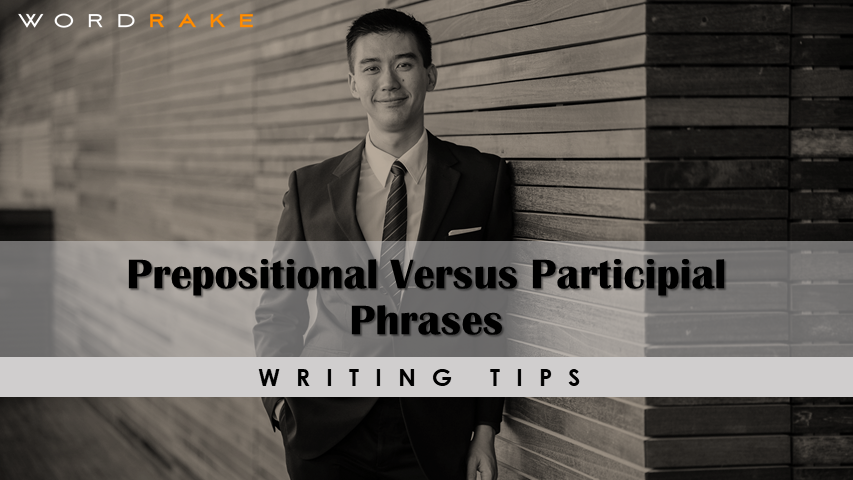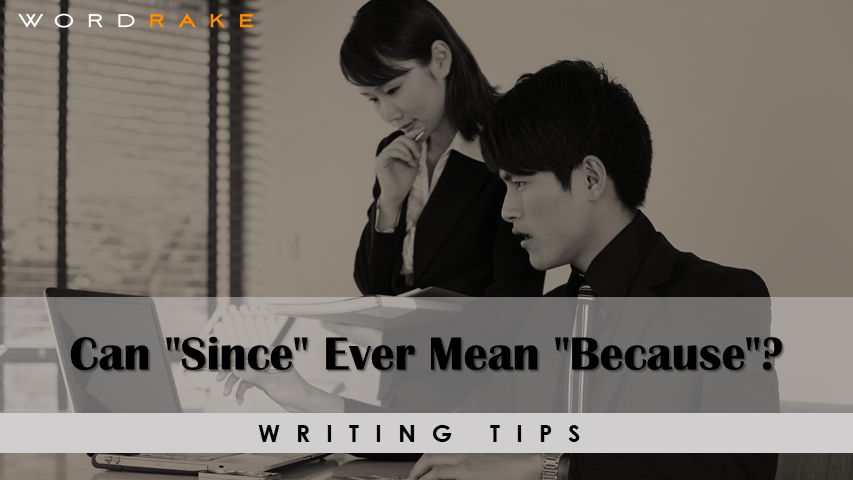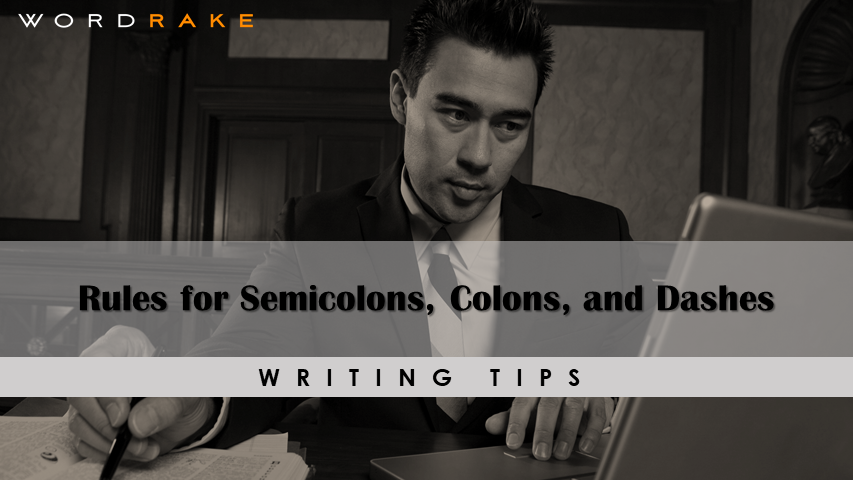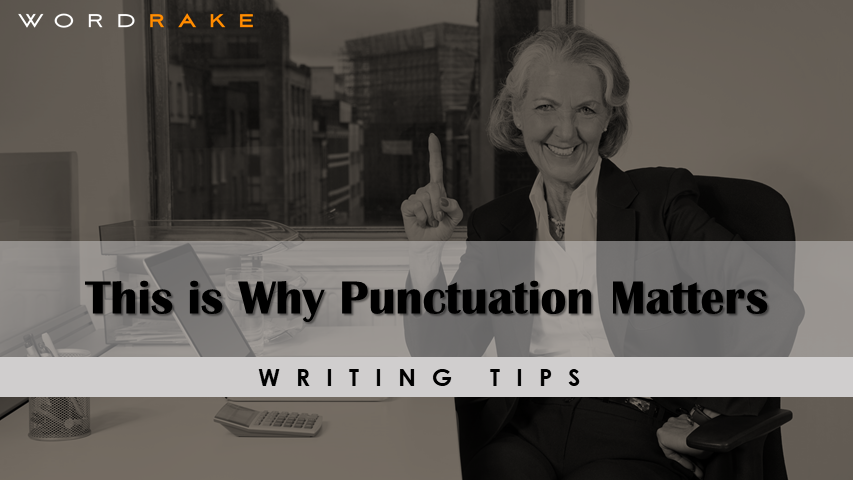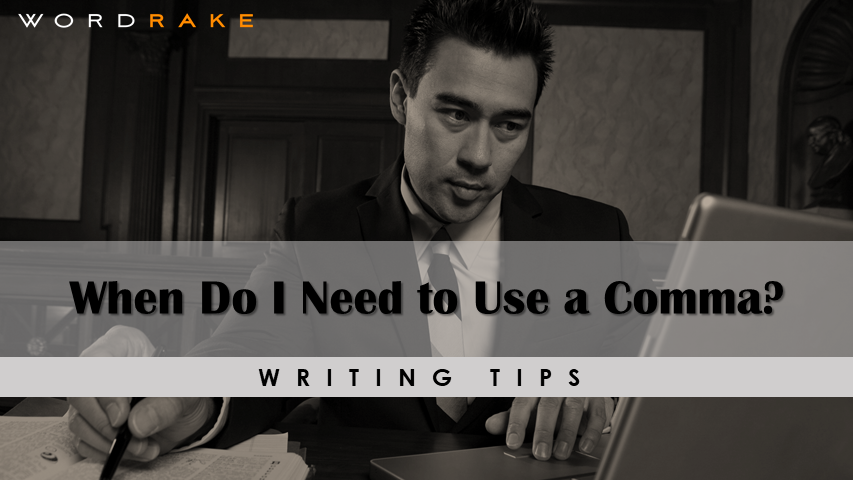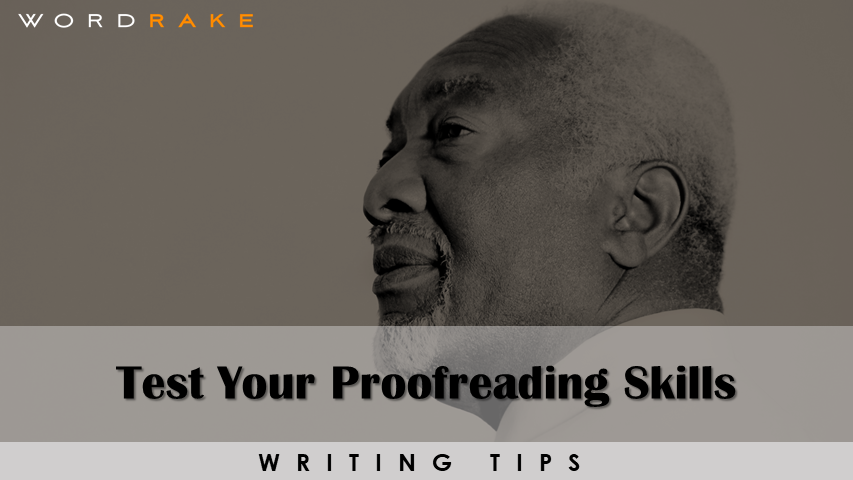When I was growing up, everybody was automatically a he—mathematicians and doctors, shoppers and writers, swimmers and inventors. It was the norm. That’s why a writer in the U. S. Patent & Trademark Office would write:
Continue readingLooking for a good laugh, most of us would opt for a comedy club rather than open a book on grammar. But grammar texts can be side-splitting. I admit to slapping my own knee over a ripping good debate on participial prepositions, and the subjunctive mood has often put me in hysterics. But if you made me vote for Funniest Grammatical Error, I would have to say the Misplaced Modifier. That’s why I encourage more professionals to stick in modifying phrases anywhere they please. We all need a good laugh:
Continue readingIn about ninth grade, Ms. Earleywine (or Mr. Garcia or Sister Mary Margaret) taught many of us that we were to use the word since only temporally (to indicate the passage of time), and that we were not to use it as a conjunction, meaning because. So this would be okay:
Continue reading
I didn’t say that; writer Donald Barthelme did, describing semicolons. A grammarian piled on: “Good writers are decisive and stay away from semicolons.” But Lynne Truss, who wrote Eats, Shoots & Leaves, called those who would denounce the semicolon “pompous sillies.” I can’t improve on that.
Continue readingIn casual conversations, we sometimes speak in clichés because we can connect quickly, but even in conversation, if we hear clichés too often, we think, “This guy’s an idiot.”
Continue readingIn a sentence, we often give our readers the first half of a thought, then we stop, stick in a comma—I’ll be right back in just a second—give them the first half of a second thought, and then the second half of that second thought, so that by the time they reach the next comma, separating the second half of the second thought from the second half of the first thought, they have forgotten the first half of the first thought. You with me? Now our readers have to go back and connect the first half of the first thought with the second half of the first thought.
Continue readingUpper Paleolithic grammarians did not ponder punctuation to spread angst and frustration among the populace. It just seems that way. They knew that punctuation allows language to make sense. No punctuation, no sense. Or worse, a different sense.
Continue readingWake up! We’re talking about commas here; next to colons and semicolons--and maybe apostrophes--the most exciting topic in all of punctuation! Most writers don’t use enough of these things, because the fear of misusing them paralyzes us.
Continue readingTo awaken your brains from the eggnog stupor (does anybody really drink that stuff?) and calm them after the Rose Bowl frenzy, I have cooked up a short WordRake retrospective for 2016, spiced with A BAKER'S DOZEN MISTAKES (that's 13 for all who can't distinguish a croissant from a jelly donut) so you can practice you proofreading—typos, spelling, punctuation, usage problems! Hold me back! Anyone who spots all 13 will receive a shout-out in WordRake’s Redmond office and a round of applause from the engineers. Their big on giving credit where its due. When you think you’ve spotted them all, click the link at the bottom for the “Answers.”
Continue readingYou’ve heard the story. About the freshman from Boise? Lost on the Harvard campus? No? Well, he’s standing in the quad, confused. Can’t find the library. So he sees this upperclassman, walks over, says, “Excuse me. Where’s the library at?” Upperclassman pats him on the head, says, “At Hahvahd we never end a sentence with a preposition.” Freshman from Boise tries again. “So, where’s the library at, asshole?” (I’m quoting.)
Continue reading

